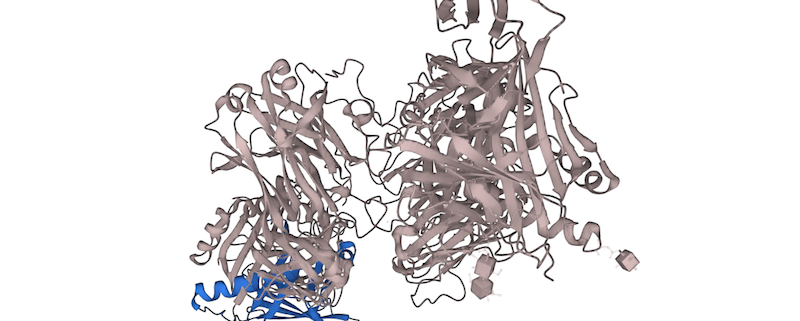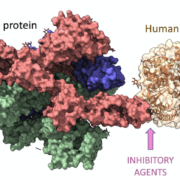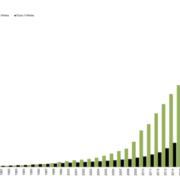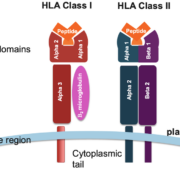The HLA-DQB1 Gene
The HLA-DQB1 gene is an important component of the human leukocyte antigen (HLA) system, a group of genes that regulate the immune system. It is located on chromosome 6 in humans and encodes a class II major histocompatibility complex (MHC) molecule, known as the HLA-DQB1 molecule. The HLA-DQB1 gene plays a key role in antigen recognition and the regulation of immune responses.
The HLA-DQB1 gene is composed of three exons and two introns, which span a total of 4.8 kb. The first exon encodes a leader peptide, while the second and third exons contain the coding sequences for the two domains of the HLA-DQB1 protein. The first domain is known as the alpha-1 domain, which is responsible for binding peptides, while the second domain, the alpha-2 domain, is responsible for recognition of the peptides by other MHC molecules.
The HLA-DQB1 gene plays an important role in antigen recognition and the regulation of immune responses. It binds to peptides derived from antigens, which are then presented to other MHC molecules on the surface of T-cells. This process allows the immune system to recognize and respond to foreign antigens, such as bacteria and viruses.
The HLA-DQB1 gene is polymorphic, meaning that it has many different forms. Different versions of the gene are associated with different levels of susceptibility to certain diseases, such as Type 1 diabetes, multiple sclerosis, and rheumatoid arthritis. Some versions of the gene have also been associated with an increased risk of certain cancers, such as Hodgkin’s lymphoma.
The HLA-DQB1 gene is an important component of the human immune system, responsible for antigen recognition and the regulation of immune responses. It is polymorphic, meaning that different versions of the gene are associated with different levels of susceptibility to certain diseases. It is also important to note that the HLA-DQB1 gene is only one component of the larger HLA system, which includes several other genes that are also involved in antigen recognition and the regulation of immune responses.







 The Sequencing Center
The Sequencing Center

Leave a Reply
Want to join the discussion?Feel free to contribute!